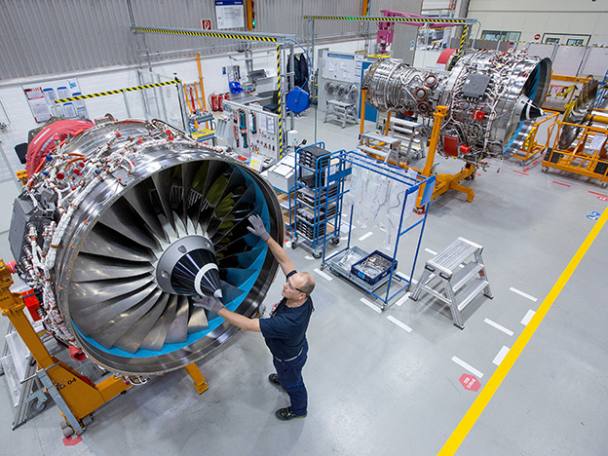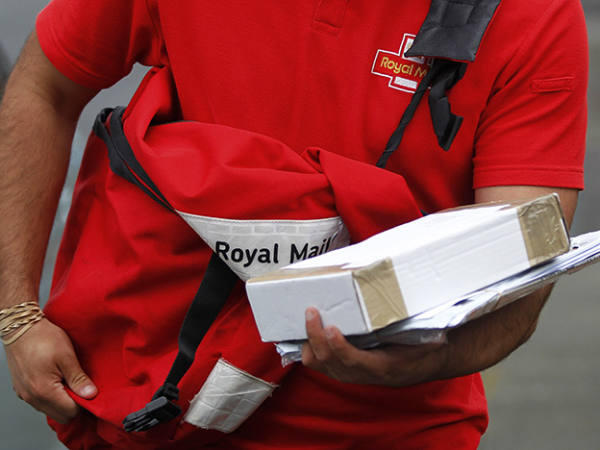According to data analytics provider Cirium, there are now more aircraft in storage than in service – some 55 per cent of the world’s commercial fleet has been grounded in response to the Covid-19 pandemic. This scale is unlike anything we’ve seen before, surpassing the SARS and financial crises. It’s hard to imagine when, or indeed if, air travel will return to normality. A protracted recovery could see a ‘lost decade’ for commercial aerospace.
Empty skies, full hangars
Boeing (US:BA) had been at the centre of the industry’s woes before coronavirus hit. But the battering of its shares over the 737 Max scandal looks tame, compared with the more than 50 per cent plunge since the start of this year. The company has 450 passenger aircraft deliveries scheduled for 2020, but cash-strapped airlines are likely to defer or cancel new orders. As more than 80 per cent of its clients ask for rent relief, leasing group Avolon recently nixed an order of 75 Max aircraft due for delivery between 2020 and 2023, and delaying 16 others to 2024.
Boeing is shuttering more of its US operations “until further notice”. In a memo sent to staff – here in full on CNBC – chief executive David Calhoun said the company must “start adjusting to our new reality” and offered employees voluntary lay-off packages. That reality is that airlines will be less inclined to purchase new planes as passenger demand remains weak. It doesn’t bode well for the anticipated return of the Max or the new 777X which was due to debut next year.
Rival Airbus (FRA: AIR) is on a similar flight path. According to the Financial Times, the group is curbing production of its A320 jet, which is the most parked plane after the Max. While Wizz Air’s (WIZZ) chief executive, Jozsef Varadi, told Bloomberg News his airline would accept all 15 planes due for delivery this year, easyJet (EZJ) is under pressure from its founder, Sir Stelios Haji-Ioannou, to terminate its 107-plane order.
Engines fall silent
The fates of titans Boeing and Airbus directly impact Rolls-Royce (RR.) – fewer planes means fewer engines. Typically making a loss on the sale of each engine, it collects payments for every hour that engine flies over the course of an aircraft’s lifespan. But when planes are stuck on the ground, that cash doesn’t arrive. Rolls’ engines spent 25 per cent less time in the air in the first quarter of this year, with a 50 per cent year-on-year drop in March.
While their planes sit idle, airlines have no need for Rolls’ ‘aftermarket’ maintenance and repair services. Broker Jefferies expects a 25-50 per cent decline in aftermarket sales in 2020, which could take years to recover. This is because the parked fleet is skewed towards older planes which will probably be retired early.
Rolls had hoped to turn a corner this year. It was getting to grips with blade deterioration issues with its Trent 1000 engines and knuckling down with its turnaround plan. Having generated £873m of free cash flow in 2019, it was aiming to hit at least £1bn in 2020. Now, all guidance has been thrown out of the window along with the final 7.1p dividend declared for 2019. The group is trimming £750m of costs, on top of its existing efficiency programme, cutting 10 per cent of wages across its workforce this year.
It’s a testament to these uncertain times that Jefferies is unsure whether Rolls will finish 2020 with “net cash or with net debt of £500m, maybe even £1bn”. It ended the first quarter with gross cash of £5.2bn. Based on its £4.4bn of cash as at 31 December and a fully drawn down £2.5bn revolving credit facility (RCF), this implies it burned through £1.7bn of cash in the first three months of the year. Rolls says this is largely down to seasonal working capital movements, though Covid-19 reflected a £300m headwind. It has since secured a further £1.5bn RCF, bringing its liquidity to £6.7bn.








